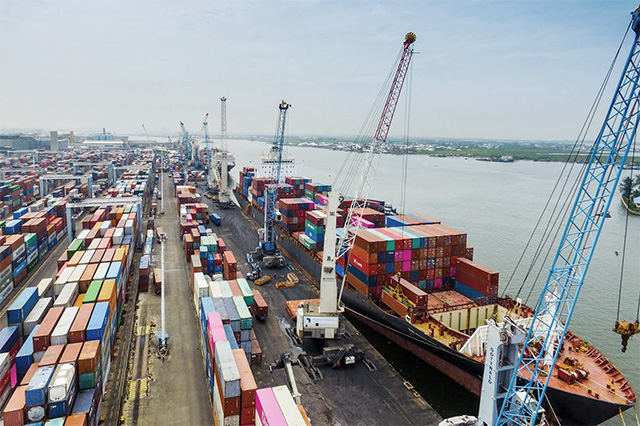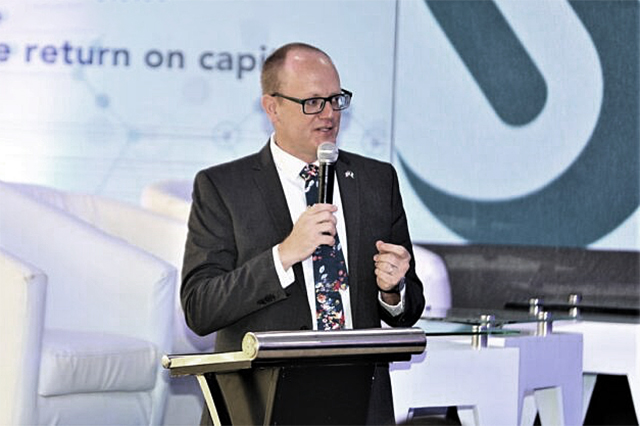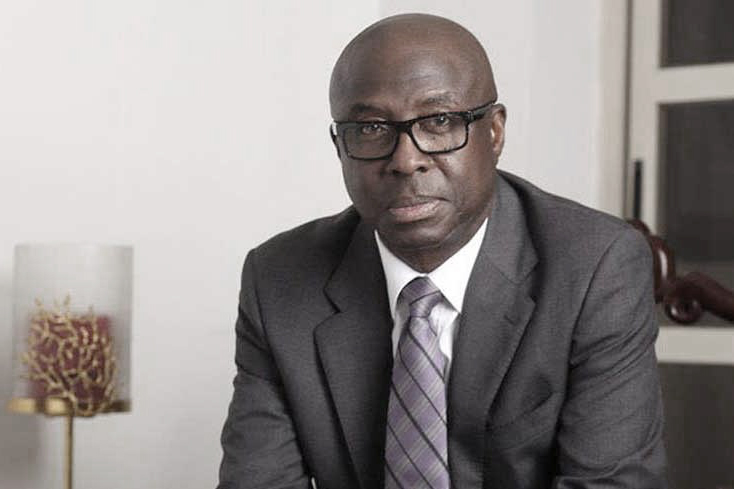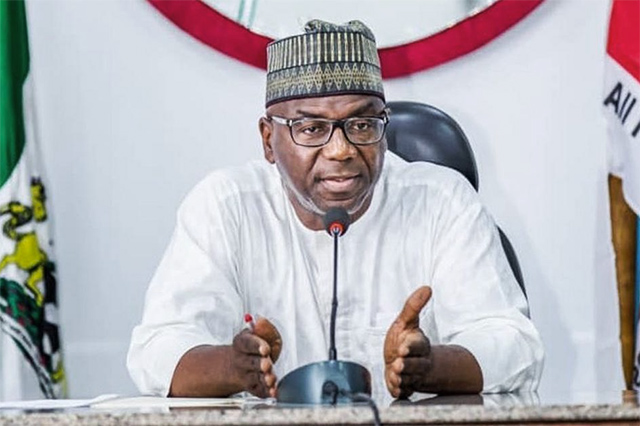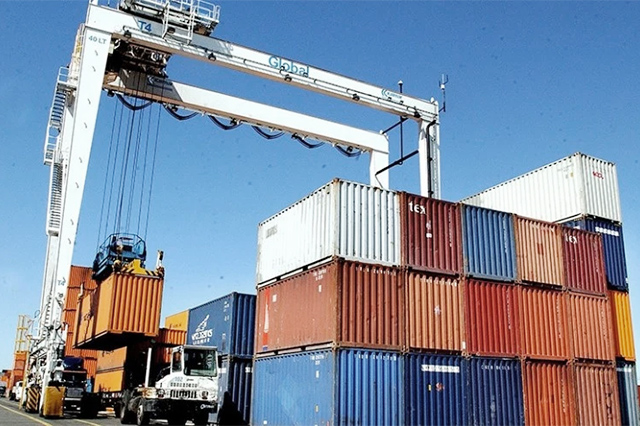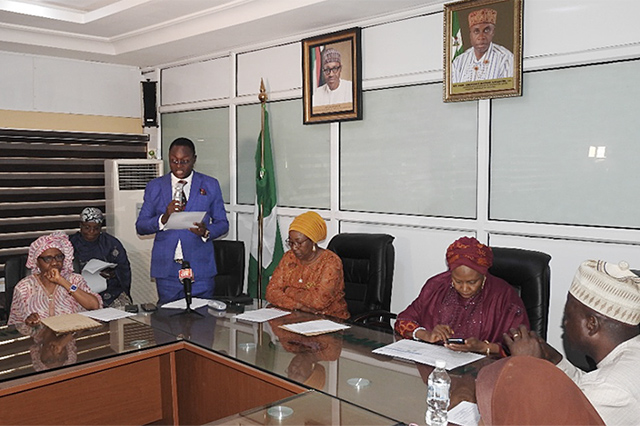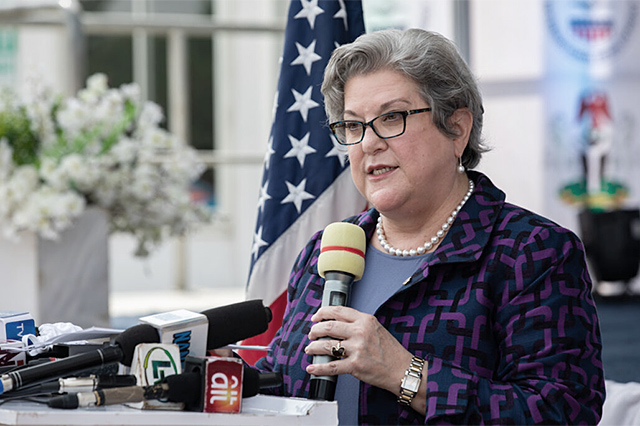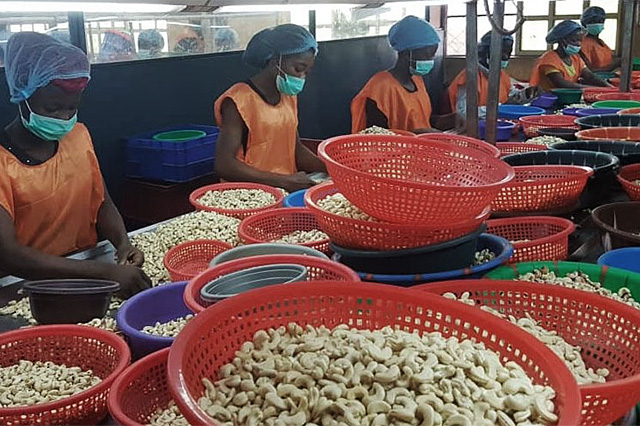AGOA: Nigeria’s untapped opportunity for non-oil export, rights enforcement
IN 2000, President Bill Clinton’s administration passed special trade laws to promote trade ties between the US, Africa, and the Caribbean.
One of the enactments was the African Growth and Opportunity Act, AGOA. To be eligible to access the benefits of the Act, participating countries are required to meet certain criteria set by the US government.
Among the long list of requirements is the adherence to international human rights standards.
By insisting that countries seeking to take advantage of the Act to market their products to the large US consumer market adhere to human and economic rights standards, the US government invariably ties economic corporations with human and economic rights indices.
Although the US criteria for adjudging human and economic rights compliance remains largely vague, Nigeria despite its poor human rights record has consistently passed the AGOA eligibility test. The pass mark means that Nigerian businesses can export their goods to the US market while adhering to international standards.
Unfortunately, successive Nigerian governments have focused on crude oil export instead of leveraging AGOA to promote its massive non-oil sector such as agriculture. In 2018, Nigeria attempted to adopt an AGOA framework but little has been done about incorporating the framework into national economic planning.
President of the African Bar Association, AfBA Mr. Uwaifo Hanibbal, traces the challenge of implementing AGOA in Nigeria and says successive governments have done very little to address the issues. He said: “The inability of Nigeria to benefit from the AGOA is due largely to three factors. Firstly, corruption especially in the outgoing regime of Muhammadu Buhari has gone monstrous to the level that utilising such opportunities with the implications of due process and the consequences are simply not profitable to the crooks that are in charge.
“Secondly, while previous governments made appreciable efforts in laying the framework for gradual optimization of Nigeria’s participation in the scheme through the establishment of strong economic teams and broad-based approach to production and export promotion that is the bedrock of the initiative, the Buhari regime killed all the initiatives through incompetent officials who were appointed based largely on ethnic, religious and family considerations.
“Thirdly, there has been a deliberate effort to kill private initiatives and discourage private entrepreneurs. Those running governments, having conquered everything and every aspect of Nigeria’s existence, believe only in Petro-dollars as the easiest way for their incompetence and crockery.”
Aside from the challenges identified by Mr. Uwaifo, the human rights community in Nigeria has also not been able to leverage the human and economic rights criteria for AGOA eligibility to demand accountability from the government.
Deputy Director of the Socio-Economic Rights and Accountability Project, SERAP, Kolawole Oluwadare, whose organisation has been involved in the campaign for better utilisation of AGOA, suggests useful recommendations in furtherance of the objective of making the Act a viable tool for human and labour rights advocacy.
According to Kolawole: “All stakeholders need to work together to reposition the AGOA as a tool for advancing human and labour rights in Nigeria, and other beneficiary countries. To achieve this goal, the US Government must bring the AGOA human and labour rights eligibility requirements to the table in its engagement with the government of Nigeria on human and labour rights.
“There is a need to foster collaboration between the national state and non-state actors working in the field of trade and those in the field of human and labour rights. Trade policy institutions such as the Federal Ministry of Industry, Trade and Investment, FMITI and the Nigeria Export Promotion Council, NEPC, need to collaborate with the National Human Rights Commission, NHRC, and non-state actors working on human and labour rights on all engagements on the AGOA.
“The present practice where only the trade policy institutions manage all engagements on the AGOA does not reflect the original purpose of the AGOA.” Oluwadare said the missed AGOA opportunity should be used to drive awareness and capacity on the trade and human rights nexus, especially among the human and labour rights-focused non-state actors.
On his part, Executive Director, Cadrell Advocacy Centre, Mr. Evans Ufeli stated that Nigeria can take advantage of the AGOA to access the US market and its huge potential but must do this by first addressing insecurity within the country.
He said: “Citizen’s participation in trade and agro-business cannot flourish amid insurgency, farmer-herder conflict, banditry and the host of other social vices prevalent in the Nigerian society today.
“There must be a conscious effort to end the proliferation of ethno-religious conflicts susceptible to dividing us further before we can find the focus to increase export of any form.
“The truth is that the Nigerian agricultural potential has been ruptured by many variables, and it struggles even with the opportunities around to stay afloat. With the US market of that size open to us, one would have thought that by now we will have developed the capacity to field in our best agricultural input along that line to reduce unemployment and brace up to higher dimensions of export and trade at a level where the whole of Africa would have seen our prospect and learn therefrom.”




